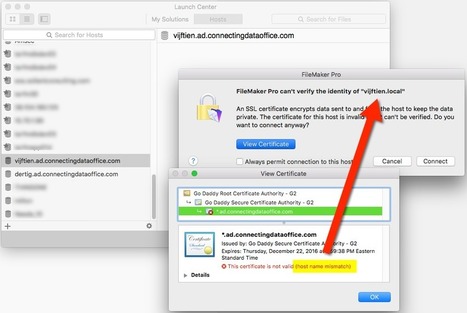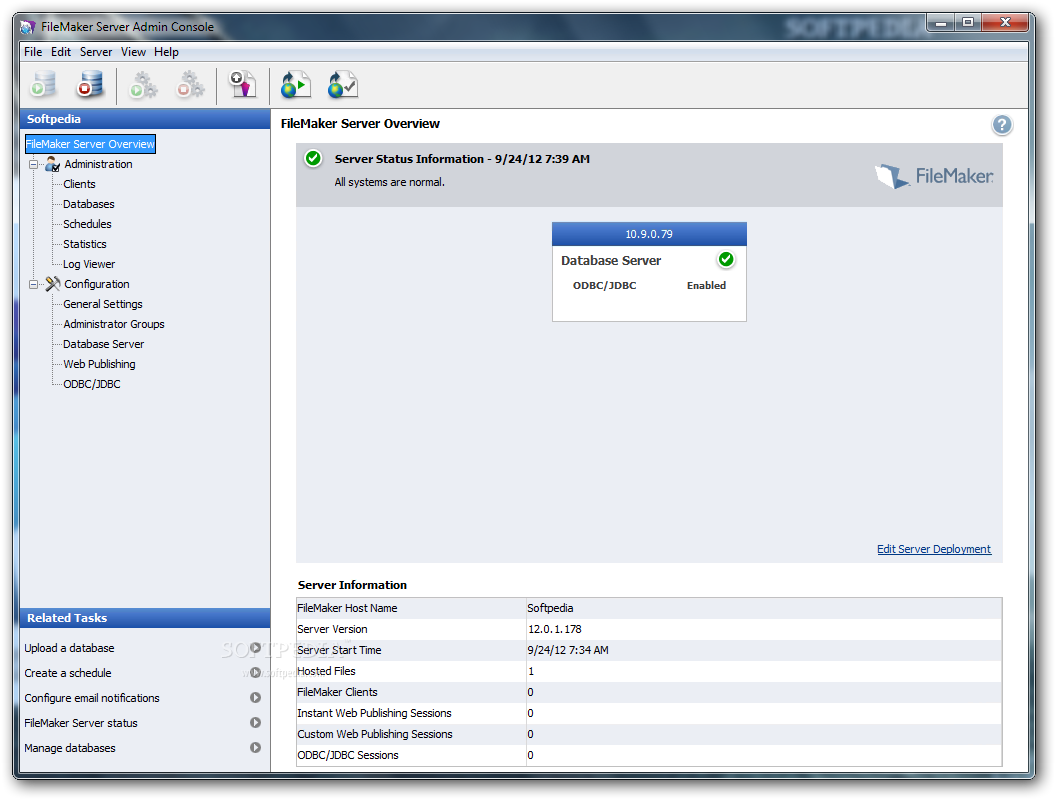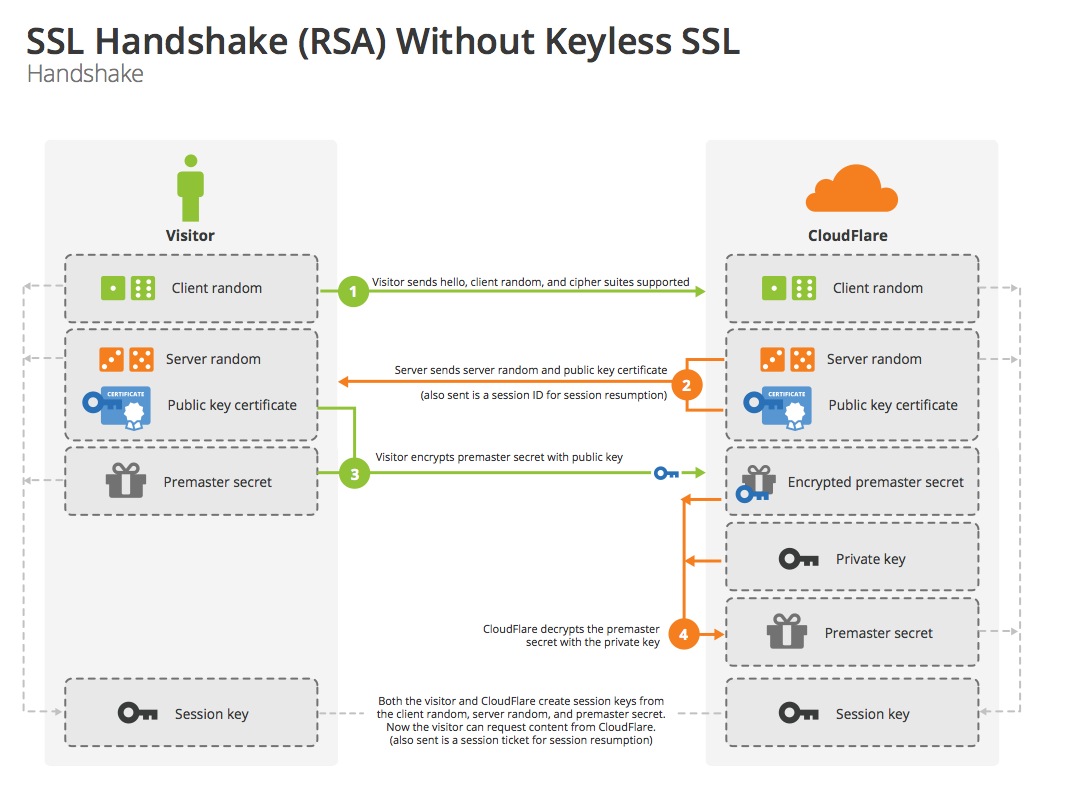

This can cause your certificate to become invalid and require a new set of intermediate certificates. This is exactly what happened recently with Sectigo’s AddTrust root certificate expiring ()Ī certificate authority, whether they are a root authority or an intermediate authority, has the ability to expire or revoke a certificate at any time.

This can cause quite a bit of confusion so it’s important to understand the above and have ways to rectify things. You may find that even though your certificate has just been purchased, those up the chain of trust have expired. It is common for an authoritiy to have multiple root certificates and to issue many intermediate certificates to other organisations. This tree structure means lots of companies can manage and issue certificates, spreading the burden and allowing different security services to be provided.

In this case teamdf.cloud is validated by Sectigo Ltd, who are in turn validated by The USERTRUST Network certification authority, and the operating system or browser on your device has a root certificate for USERTRUST allowing everything to be proven.Īn important thing to note here is that there may be more than one “middlepeople” in the scheme and therefore many intermediate certificates will exist in the chain. Taking an example certificate that we have, which proves that our teamdf.cloud servers are in fact genuine teamdf.cloud servers, the chain of trust looks like this: (It’s worth noting that the private keys for these certificates are very closely guarded by the issuing certificate authorities! A certificate is validated with a private key.) The Root Of The MatterĪt the top of the chain is a root certificate: every operating system and browser comes pre-installed with a bunch of known root certificates, which are securely stored in what is called a “trust store”. Therefore an issuer of a certificate has to be able to prove they are who they say they are and they do this by holding certificates signed by a higher authority. To some degree that is correct, but there is a chain of trust that sits above your certificate that you ought to understand… in essence there are many organisations that can issue certificates, but only a few that are known and trusted by an operating system.
#Filemaker server 14 ssl certificate install#
When you purchase and install an SSL Certificate on your FileMaker Server, you expect that you own the whole ‘kit and caboodle’, or at least you do for the timeframe you have purchased the certificate for.

This is all marvelous stuff of course because it means that there’s no-way for someone to trick you into connecting to a different server than the one you meant to and because all the private personal and business data that is zooming along the wires and airwaves between you and the server is indecipherable to anyone else.īut there are some tricks to setting up secure certificates and how they work so we thought we’d share a recent experience we had when one of the certication authorities dropped the ball and broke what’s called the “Chain of Trust”… Chain Of Trust In the fun world of FileMaker Server configuration, one of the key tasks is to set up the domain name and an associated “SSL Certificate” - the cert verifies the server’s identity, and provides an encryption key used to encode data that flows between users and the server.


 0 kommentar(er)
0 kommentar(er)
